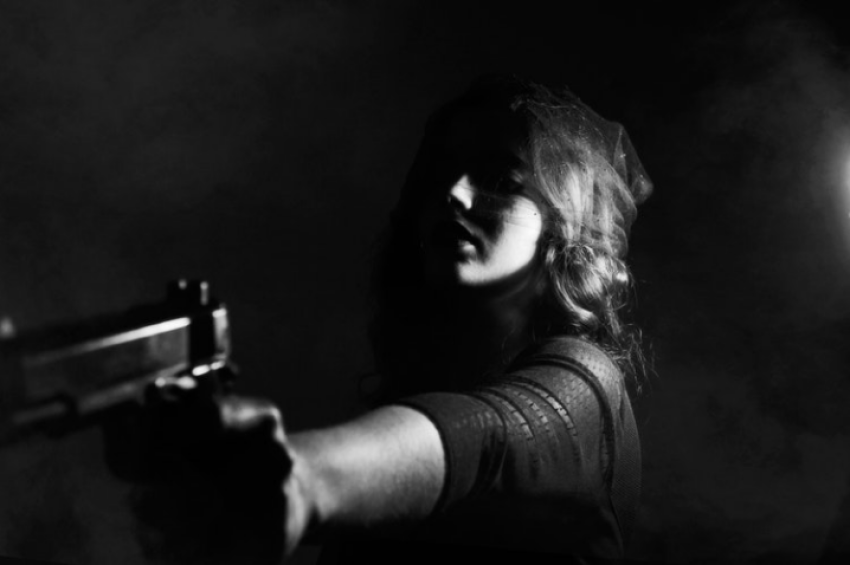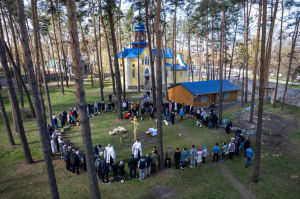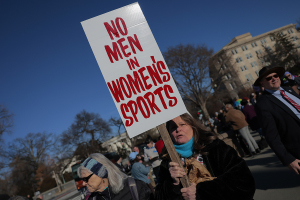What Would Jesus Do about Guns?

You cannot be both a Christian and participate in a gun culture according to James E. Atwood, Pastor Emeritus of the Trinity Presbyterian Church in Arlington, Virginia and author of America and Its Guns: A Theological Exposé (2012).
Atwood is one of many Christian authors and theologians who have become increasingly vocal in their advocacy of gun control in light of mass shootings that have become a regular occurrence in our nation.
Elicka Sparks, a criminologist at Appalachian State University and the author of The Devil You Know:The Surprising Link between Conservative Christianity and Crime (2016), goes so far as to link high crime rates in the United States to conservative Christian social mores and attitudes about guns.
On the other hand, David French, a political commentator and lawyer, says that Jesus would approve of guns. French said so in the online version of the National Review (January 25, 2013), a renowned conservative publication.
More to the point, French said: "In fact, Jesus's disciples carried swords, and Jesus even said in some contexts the unarmed should arm themselves." French is alluding to Luke 22:36, where Jesus says to his disciples: "But now, let him who has a purse take it, and likewise a bag. And let him who has no sword sell his mantle and buy one" (Revised Standard Version).
French represents many Christians in America who do believe that being a Christian and having guns are not incompatible. But, as with almost everything else in Christianity, there is no unanimity on gun control.
In August of 2012, The Public Religion Research Institute compared attitudes toward guns among different groups of Christians. The survey was taken after the massacre in the Aurora, Colorado theater on July 20, 2012.
The survey showed a clear divide between Catholics and Protestant evangelicals. Some 58 percent of white evangelicals report living in households owning a gun, whereas only 32 percent of Catholics do. Similarly, 36 percent of persons with no religious affiliation report living in a household owning a gun.
The report also showed that "Six-in-ten Catholics and religiously unaffiliated Americans (62 percent and 60 percent) favor stricter gun control laws, compared to fewer than half of white evangelical Protestants (35 percent) and white mainline Protestants (42 percent)."
After the Newtown massacre, the United States Conference of Catholic Bishops issued a statement (December 21, 2012), and it specifically noted the precedents for supporting gun control found in Catholic tradition: "The Vatican's Pontifical Council for Justice and Peace, in their document, 'The International Arms Trade (2006),' emphasized the importance of enacting concrete controls on handguns, for example, noting that 'limiting the purchase of such arms would certainly not infringe on the rights of anyone.'"
Although the majority of white evangelical Protestants and Catholics describe themselves as "pro-life," more Catholics than Protestants tend to link that description with favoring gun control.
Of course, Christians for and against gun control appeal to the Bible for their support. French quotes Exodus 22:2: "If a thief is found breaking in and is struck so that he dies, there shall be no bloodguilt for him." So, French reasons that killing in defense of one's home is allowed by God.
Christians for gun control would point to Jesus' teaching in Matthew 5:38- 41 (RSV): "You have heard that it was said, 'An eye for an eye and a tooth for a tooth.' But I say to you, Do not resist one who is evil. But if any one strikes you on the right cheek, turn to him the other also."
Since Jesus seems to prohibit any action in one's defense, then pacifist Christians argue that guns for self-defense are not only unnecessary, but contrary to Christ's teachings.
As our national conversation on guns evolves, "pro-life" may increasingly describe Christians who are just as much against unrestricted access to guns as they are against abortion.
Ironically, Catholic Christians also may find more common ground with persons who have no religious affiliation than they will find with white evangelical Protestants when it comes to enacting gun control laws.
Hector Avalos is Professor of Religious Studies at Iowa State University and the author of Fighting Words: The Origins of Religious Violence (2005).
Originally posted at the Des Moines Register.



























